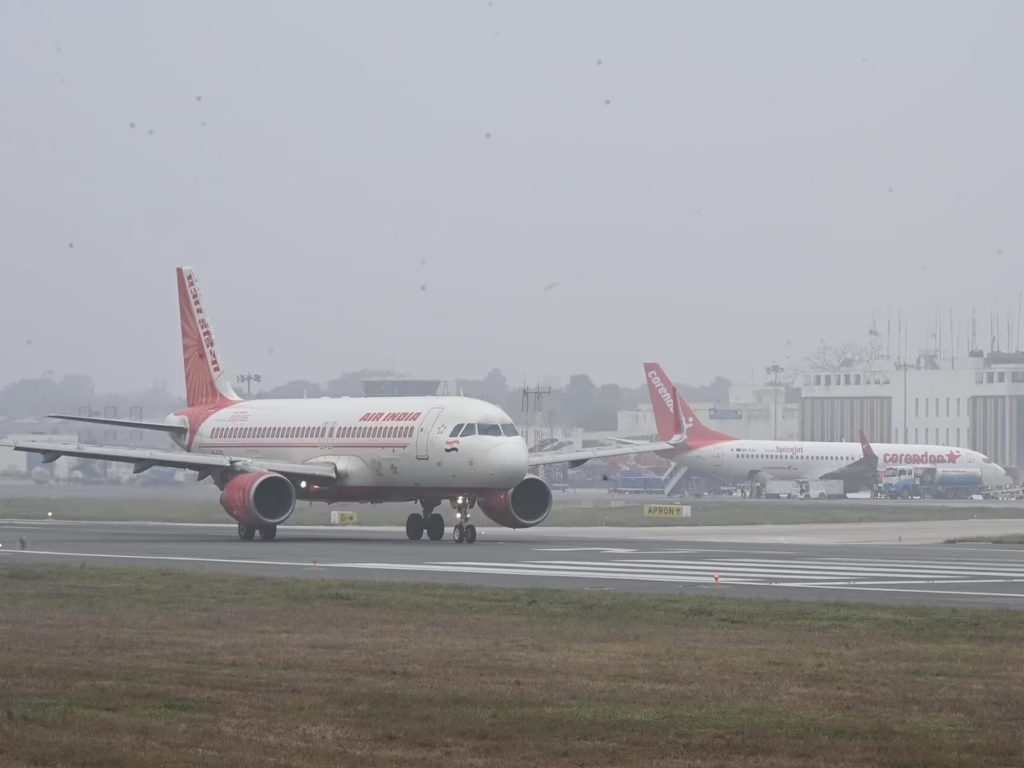Now Reading: Young IPS Officer Ends 12-Year Social Boycott in Gujarat Village, Brings Justice and Dignity Back to Marginalised Family
-
01
Young IPS Officer Ends 12-Year Social Boycott in Gujarat Village, Brings Justice and Dignity Back to Marginalised Family
Young IPS Officer Ends 12-Year Social Boycott in Gujarat Village, Brings Justice and Dignity Back to Marginalised Family

In Banaskantha, Gujarat, a family that lived under a 12-year-long social boycott has finally been welcomed back into village life—thanks to the efforts of a young IPS officer. The officer’s intervention not only ended years of discrimination but also drew attention to deep-rooted caste and social power structures that still exist in parts of rural India.
The Family That Lived in Silence
The boycott began in 2012, when a local family allegedly refused to follow certain traditional expectations set by the village elders. Over time, this disagreement snowballed into a full-blown social exile—neighbours stopped talking to them, shops refused service, and social events became off-limits.
For over a decade, the family lived on the margins, ostracised and ignored by their own community. Their appeals to local leaders went unanswered, and the silence around their isolation became normalised.
How the IPS Officer Got Involved
The turning point came when a young IPS officer posted in the region took note of the case during a routine community policing review. After verifying the situation, the officer called for a meeting with villagers, senior citizens, and local influencers to address the injustice.
What followed was a carefully handled mix of dialogue, law enforcement awareness, and social pressure that eventually led the village to lift the boycott. The officer made it clear that such discrimination is not only morally wrong but also punishable by law.
Caste, Power, and Social Exclusion
This case is a stark reminder of how informal caste-based or social punishments still operate in parts of India, especially in rural and Tier 2 regions. Often driven by fear, tradition, or unspoken power dynamics, these social exiles go unnoticed and unchallenged for years.
In areas like Banaskantha, where village councils or influential families often hold more power than formal legal systems, it takes both courage and authority to break the cycle of exclusion.
Public Response and Moving Forward
Following the officer’s intervention, the family was reintegrated into village life. They were invited to public events, and local shopkeepers resumed services. More importantly, their case has set an example for others silently suffering similar fates across rural India.
The local administration has now committed to creating awareness drives to prevent future cases of social boycotts and promote inclusive living.
Conclusion:
The Banaskantha story shows how one person in power, when acting with empathy and determination, can undo years of injustice. While laws against discrimination exist on paper, real change often begins with action on the ground. For many Tier 2 and rural communities, this is a hopeful reminder that justice doesn’t always come from courts—it can come from compassionate governance too.
























